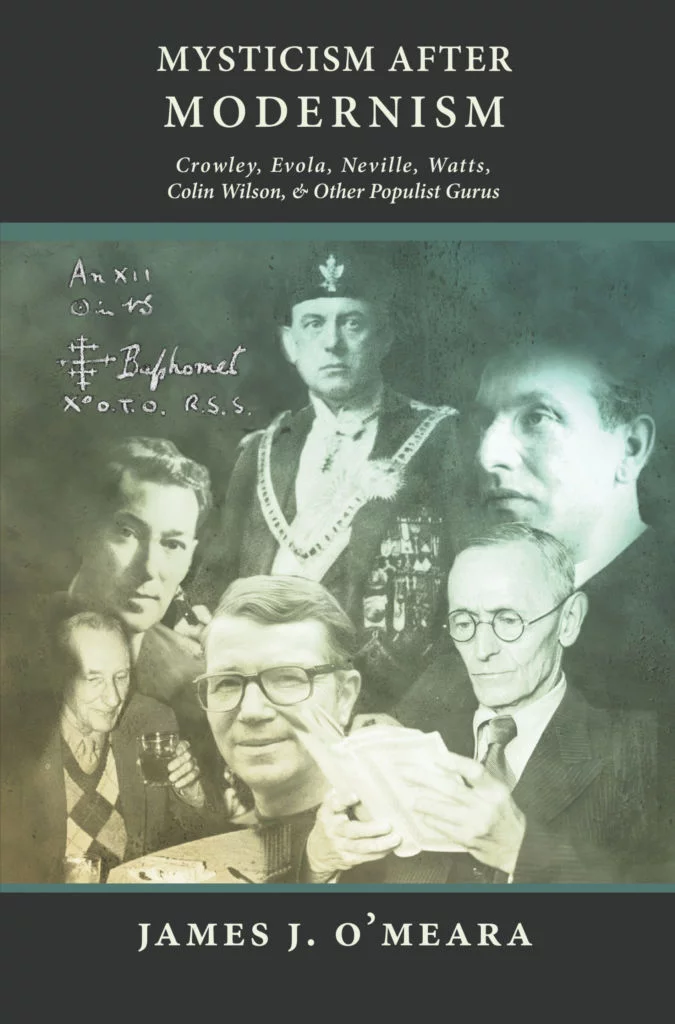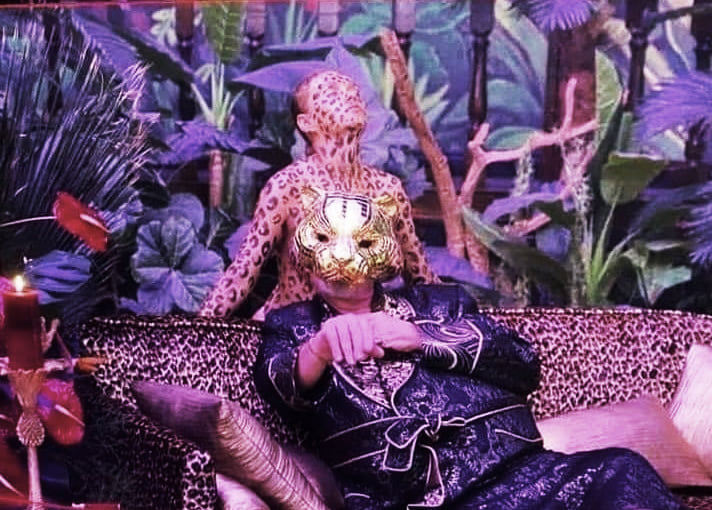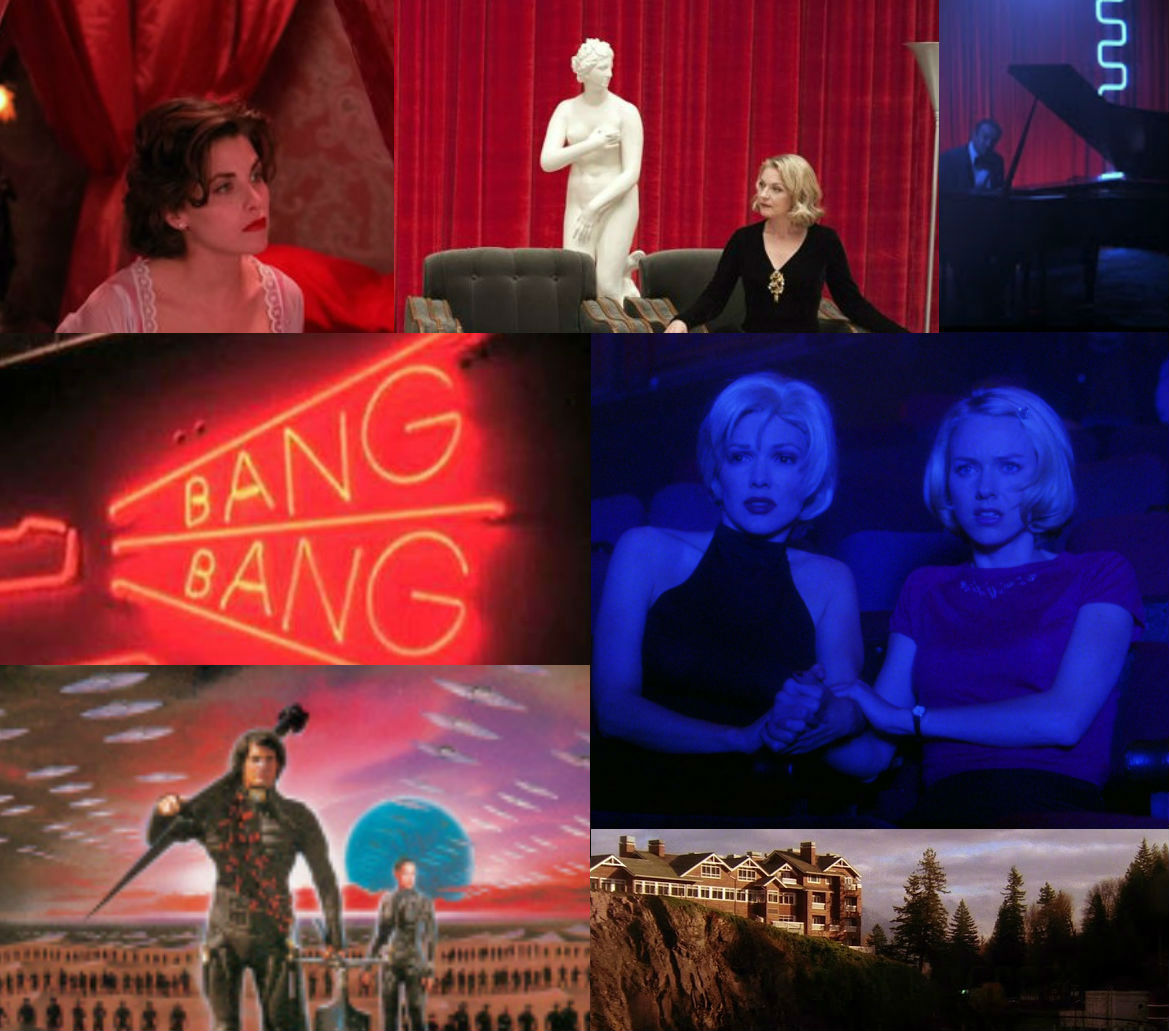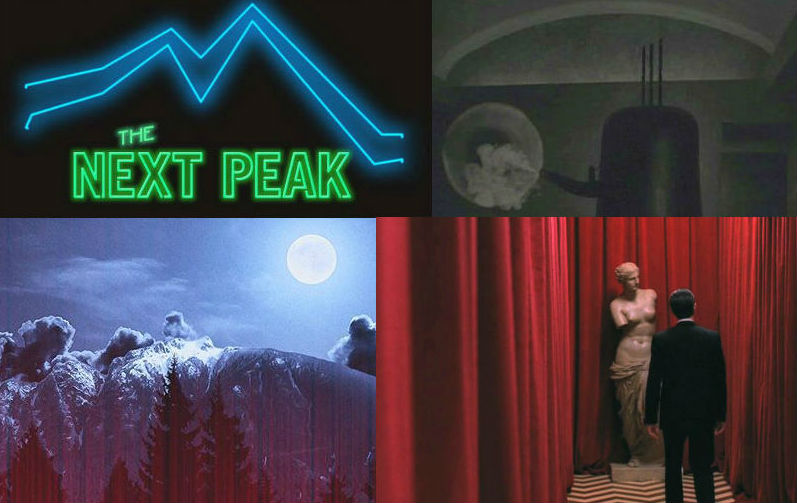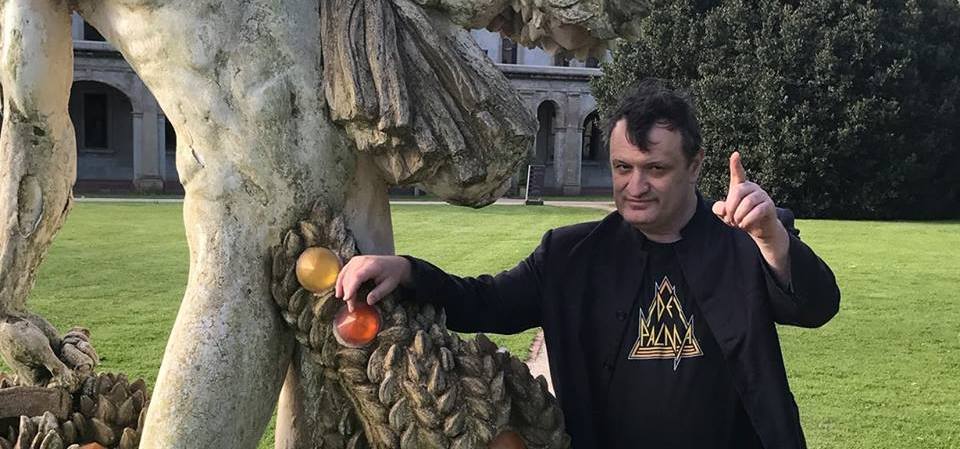Robert Stark talks to Matt Pegas about his book, The Black Album. The Black Album is a collection of essays and short stories, both fiction and non-fiction. The book deals with themes, including alienation, masculinity, incels, serial killers, spirituality, alchemy, philosophy and aesthetics.
Topics:
-the inspiration for the title from Joan Didion’s The White Album and the music trope of color-coded albums
-Mass shootings as a metaphysical attack against reality
-The context of Matt writing himself into fictional stories
-Adapting to writing with time limitations
-Matt’s struggles with serial killer OCD and POCD in adolescence
-the gnostic component to psychology and mental illness
-Jefferey Dahmer and the trope that the weird loner is the most dangerous
-the archetype of the Emo
-coping with malaise and dissatisfaction with life
-transcript of a disturbing correspondence involving an online follower
-Matt’s essay, Renaissance of The Ritual
-Foundational thinking over Traditionalism
-A painting of a failed alchemist and why alchemy is legit
-Matt’s experiences with Tarot, transcendental meditation, and esotericism
-Matt’s Essay, David Lynch, Bronze Age Pervert, and the possibility of inner freedom
-Matt’s thought experiment of a based Marianne Williamson or BAPist version of Steiner schools
-Matt’s essay, The Politics of Aesthetics Revisited
-The esoteric significance of Las Vegas
–Revisiting Alt-Centrism
-How Robert and Matt manifested Dime Square in 2018
Click Here to download!
Checkout Robert Stark’s Facebook page, Twitter, Instagram, Stark Truth TV, novel Vaporfornia, and subscribe to his Substack.


